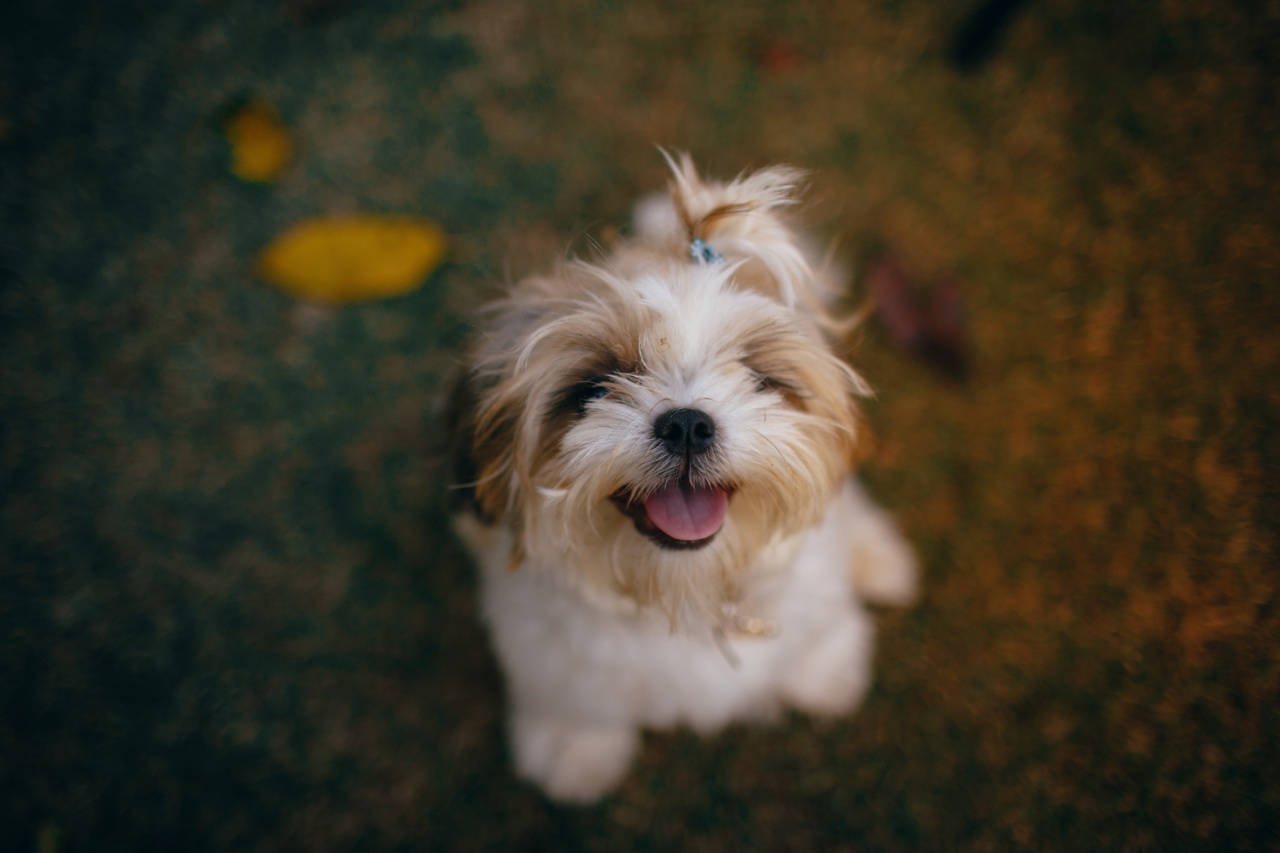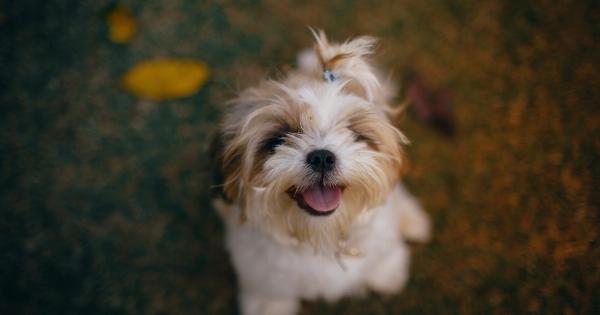The Miniature Bull Terrier is a small yet powerful dog breed that is known for its affectionate nature and playful personality. With its charming appearance and unique characteristics, it has become a popular choice among dog lovers.
In this article, we will explore the history, characteristics, temperament, and care of this delightful breed.
History
The origins of the Miniature Bull Terrier can be traced back to the 19th century in England. The breed was developed from crossbreeding the full-size Bull Terriers with smaller breeds such as the Dalmatian and the English White Terrier (now extinct).
The goal was to create a smaller version of the Bull Terrier that was suitable for various tasks, including vermin control and ratting.
During its early years, the Miniature Bull Terrier faced several challenges, including health issues and difficulty breeding. However, dedicated breeders worked tirelessly to overcome these hurdles and establish a healthier and more stable breed.
Characteristics
The Miniature Bull Terrier is a compact yet muscular dog with a strong and well-balanced body. It has a distinct egg-shaped head, which is its most defining feature.
The eyes are small, triangular, and deeply set, giving the breed an intense and inquisitive expression. The ears are naturally erect and positioned close together.
This breed has a short, dense coat that is easy to maintain. The coat colors can vary and include white, brindle, fawn, or any combination of these.
Regular grooming, including brushing and occasional bathing, is sufficient to keep their coats in good condition.
The average height of a Miniature Bull Terrier ranges from 10 to 14 inches at the shoulder, and the weight typically falls between 25 to 33 pounds. Despite its small size, this breed is known for its strength and robustness.
Temperament
The Miniature Bull Terrier is known for its affectionate and loving nature. It forms strong bonds with its family members and thrives on human companionship.
This breed is often described as a “clown” due to its playful and mischievous personality. They have a great sense of humor and enjoy entertaining their owners with their silly antics.
However, it is important to note that the Miniature Bull Terrier can be quite stubborn at times. They have a strong will and may challenge their owners’ authority if not properly trained and socialized.
Early training and consistent leadership are essential for this breed to prevent any undesirable behavior from developing.
Due to their history as vermin hunters, Miniature Bull Terriers may display prey drive towards smaller animals. It is important to supervise them around small pets and introduce them to other animals at an early age to ensure they get along well.
Exercise and Training
The Miniature Bull Terrier is an active breed that requires daily exercise to keep both their bodies and minds stimulated. Regular walks, play sessions, or engaging in dog sports such as agility can help meet their exercise needs.
Mental stimulation through puzzle toys or training exercises is also important to prevent boredom and destructive behavior.
Training a Miniature Bull Terrier requires a patient and consistent approach. Positive reinforcement methods, such as rewards and praise, work best for this breed. They respond well to training when it is fun, consistent, and structured.
Early socialization is crucial to ensure they grow up to be well-rounded and friendly dogs.
Health
Generally, Miniature Bull Terriers are a healthy breed. However, like any other dog breed, they can be prone to certain health conditions. Some of the common health issues seen in this breed include:.
1. Deafness: Some Miniature Bull Terriers may be born deaf or partially deaf. Regular hearing tests can help identify any hearing problems from an early age.
2. Skin Allergies: Allergies can cause itching and skin irritation in this breed. Proper grooming and a balanced diet are essential to minimize allergic reactions.
3. Patellar Luxation: This condition occurs when the kneecap slips out of its normal position. Regular check-ups with a veterinarian can help detect and manage this condition if present.
It is important to choose a reputable breeder who performs health screenings on their breeding stock to minimize the risk of inheriting genetic health problems.
Care
The Miniature Bull Terrier is a versatile breed that can adapt well to different living situations, including apartments. However, they are not well-suited for a sedentary lifestyle.
Daily exercise and mental stimulation are essential to keep them happy and healthy.
This breed thrives on human company and should not be left alone for long periods. They may develop separation anxiety if left unattended for extended periods, which can lead to destructive behavior.
If you need to leave your Miniature Bull Terrier alone, it is important to ensure they have enough toys and activities to keep them entertained.
Regular grooming is necessary to maintain the Miniature Bull Terrier’s coat in good condition. Weekly brushing and occasional baths are usually sufficient.
Additionally, it is important to trim their nails regularly, clean their ears, and brush their teeth to prevent dental issues.
Conclusion
The affectionate and playful nature of the Miniature Bull Terrier makes it a wonderful companion for individuals or families seeking a lively and entertaining pet.
With proper training, socialization, and care, this breed can bring immeasurable joy and love to its owners. By understanding their unique needs and characteristics, potential owners can make an informed decision about whether this breed is the right fit for their lifestyle.






























